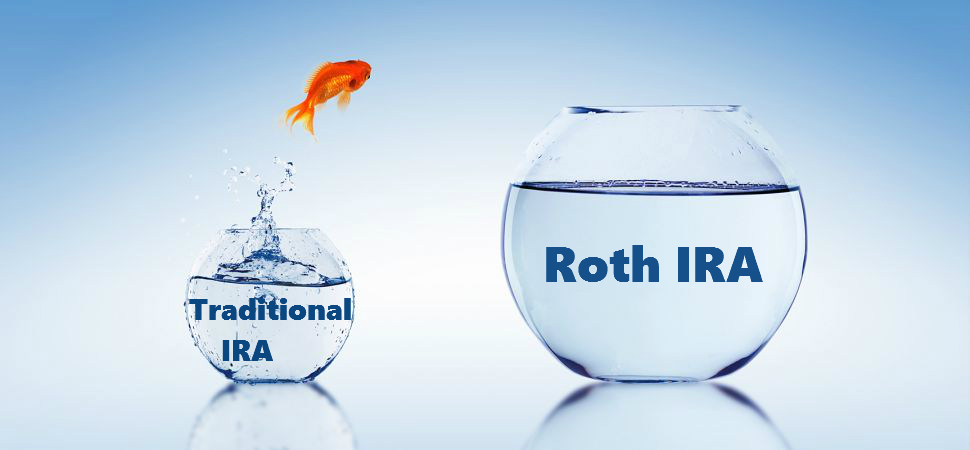
An IRA conversion refers to shifting all or part of your current Traditional IRA account balance into a Roth IRA. In doing so, taxes are incurred on the transferred funds; however, they grow tax-free into retirement.
Tax Free Withdrawals
Roth IRA withdrawals are tax-free assuming you are age 59 ½ and have held the account for longer than five years. Tax was already paid upon initial contribution and the account balance grows tax-free. Additionally, there are no Required Minimum Distributions that will chip away at the account value over time and leave fewer funds to your heirs.
Tax Diversification & Minimizing Future Tax Liability
Initial contributions to Traditional IRAs are tax deductible and therefore enable qualified taxpayers to reduce their taxable income in the year of contribution. Tax is applied to Traditional IRA distributions upon withdraw; thus, a conversion results in a higher tax bill during the year in which you transfer out funds. By converting funds, the taxpayer will be required to pay tax at ordinary income rates for both the cumulative contributions of principal and the investment gains. By converting a portion of your IRA and paying some tax now, you reduce the amount of tax applied to future retirement account distributions. This tax diversification strategy prevents retirees from being burdened by tax liabilities due on all their retirement account withdrawals.
But an IRA conversion isn’t for everyone. If the conversion amount is high enough, taxpayers may be pushed into the next tax bracket, resulting in a higher tax bill than anticipated. If you haven’t budgeted for an increase in taxable income and haven’t met with your financial adviser or accountant about paying estimated taxes, it’s advisable to do so before making any conversion.

Recent Comments